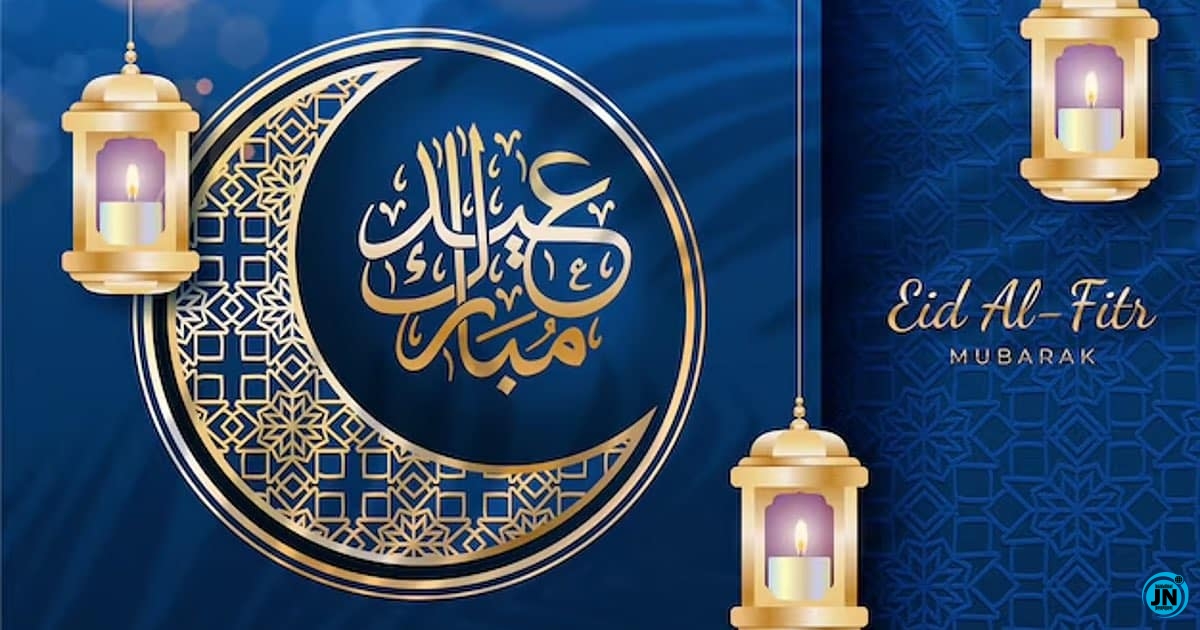
After a month of fasting, prayer, and deep reflection, Muslims around the world are eagerly anticipating Eid-il-Fitr, the joyous festival that marks the end of Ramadan. The celebration, which is one of the most significant events in the Islamic calendar, is a time for family reunions, communal prayers, festive feasting, and acts of charity. However, the exact date of Eid depends on a crucial tradition—the sighting of the crescent moon.
As the holy month of Ramadan draws to a close, millions of Muslims across different countries prepare for this special occasion, making arrangements for prayers, meals, and gatherings with loved ones. From bustling markets filled with Eid shopping to the preparation of traditional dishes, the excitement in the air is undeniable. Yet, all eyes remain on the sky, waiting for the confirmation of the crescent moon that will officially mark the end of the fasting period and the beginning of the celebrations.
Why the moon sighting matters
The Islamic calendar follows the lunar cycle, meaning each month begins when the new crescent moon is sighted. Eid-il-Fitr is observed on the first day of Shawwal, the month that immediately follows Ramadan. The lunar calendar, unlike the Gregorian calendar, is approximately 10-12 days shorter each year, causing Islamic holidays to shift annually.
The moon sighting process involves religious authorities, scholars, and astronomical experts who determine whether the crescent has been spotted. If the moon is sighted on the 29th day of Ramadan, Eid is celebrated the following day. If not, the fast continues for one more day, making Ramadan a full 30-day period.
This traditional moon sighting process varies from country to country. Some nations rely on local moon sightings, while others follow the official announcement made by Saudi Arabia. This difference often results in some Muslim communities celebrating Eid on slightly different days, but the spiritual unity of the festival remains unshaken.
Eid-il-Fitr 2025: Expected date in Saudi Arabia
In Saudi Arabia, moon sighting holds special significance, as the country’s Eid announcement often influences nearby nations, including the United Arab Emirates, Qatar, and parts of Africa and Asia. According to astronomical predictions, the crescent moon will be observed on the 29th day of Ramadan 1446 AH, which falls on March 29, 2025.
If the moon is sighted, Eid-il-Fitr will be celebrated on March 30, 2025. However, if the moon remains unseen, Ramadan will be extended for one more day, pushing Eid celebrations to March 31, 2025. While the final decision will be confirmed by religious authorities, the anticipation for the announcement is growing among Muslims worldwide.
Muslims in different regions will also conduct their own moon sighting observations, meaning that some countries may mark Eid on different days based on their local reports. Despite these slight variations, the essence of the celebration remains the same—a day of immense joy, gratitude, and unity.
A universal spirit of celebration
Eid-il-Fitr is more than just the end of fasting—it is a festival of thanksgiving and generosity. The day begins with a special prayer known as Salat al-Eid, performed in mosques and open spaces. Muslims dress in their finest attire, visit family and friends, and share delicious meals that include traditional sweets and delicacies.
One of the most important aspects of Eid is the giving of Zakat al-Fitr, a charitable donation required of all Muslims before Eid prayers. This ensures that the less fortunate can also partake in the festivities and enjoy a meal during the celebration. Acts of charity, kindness, and community bonding are central themes of Eid-il-Fitr, reinforcing the values of compassion and gratitude that Ramadan instills.
In many countries, the government declares public holidays for Eid, allowing people to travel and reunite with their families. The streets come alive with decorations, lights, and the sounds of joy as people exchange greetings of "Eid Mubarak" and engage in cultural traditions unique to their regions.
Despite the differences in moon sighting traditions, the spiritual significance of Eid-il-Fitr remains universal. As the world awaits the official announcement, Muslims everywhere look forward to embracing this sacred and festive occasion with love, gratitude, and celebration.

